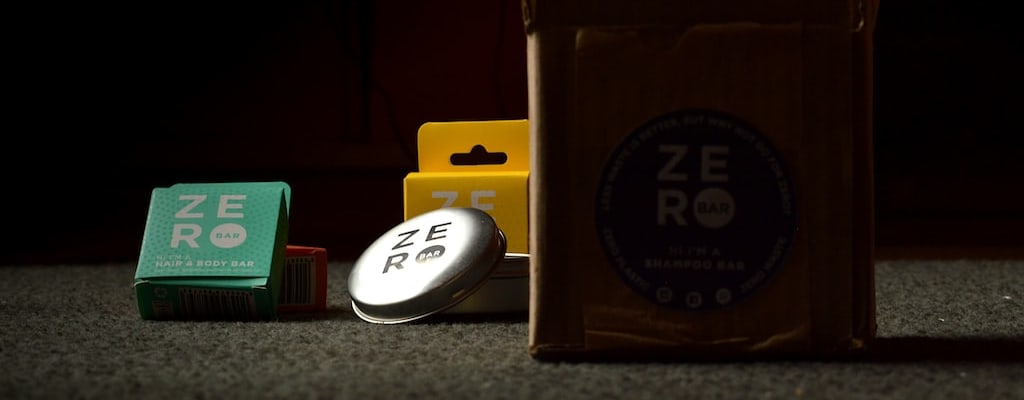pare down: Idiom Meaning and Origin
What does ‘pare down’ mean?
The idiom pare down means to reduce or make something smaller or more simplified.

Idiom Explorer
The idiom "water down" means to dilute or weaken something, making it less potent or effective.
The idiom "sell down" means to reduce or decrease the number or amount of something that is being sold. It typically refers to selling stocks or shares in a company.
The idiom "put down" means to criticize or belittle someone or something, often in a demeaning or dismissive manner. It can also refer to physically placing an object or animal on the ground.
The idiom "play down" means to minimize or downplay the importance or significance of something, often by making it seem less serious or less significant than it actually is.
The idiom "pass away" means to die, typically used in a more gentle or euphemistic way. It implies the transition from life to death, suggesting a peaceful or dignified departure.
The idiom "parting of the ways" refers to a situation where two or more people or groups are going in different directions or have different opinions, leading to a separation or disagreement.
The idiom "part company" means to separate or go in different directions, often due to a disagreement or conflict. It can also refer to the end of a relationship or partnership.
The idiom "par for the course" means that something is typical or expected in a given situation.
The idiom "palm off" means to deceive or trick someone by giving them something of lower quality or importance than what was expected or promised.
Unlocking Potential
The idiom "pare down" is a commonly used phrase in the English language. Its straightforward and literal meaning is to reduce or simplify something by removing unnecessary or excess elements. This idiom is often used in contexts where a person or organization is trying to make something more efficient.
One of the earliest recorded uses of the phrase "pare down" can be traced back to the 1800s. It is believed to have originated from the practice of paring or trimming excess material from an object. In this context, "pare" refers to the act of cutting or slicing off thin layers or pieces. The word "down" in the idiom emphasizes the act of reducing or minimizing.
A related idiom that has a similar meaning to "pare down" is "cut back." Both phrases convey the idea of making something smaller or less complex. However, "cut back" often implies reducing something by a significant amount, whereas "pare down" suggests a more gradual or meticulous process. The use of "pare down" is commonly associated with achieving simplicity or efficiency without sacrificing essential aspects.
The idiom "pare down" is frequently used in various contexts, including business, finance, and personal organization. In the business world, it is often used to describe efforts to reduce costs, streamline processes, or trim excess staff. When it comes to personal organization, the idiom is commonly used in the context of decluttering or simplifying one's possessions or schedule.
Another related idiom, "dumb down," can also be associated with "pare down." "Dumb down" refers to the act of simplifying information, often to make it more accessible or understandable for a wider audience. Although "pare down" and "dumb down" have slightly different meanings, they both involve the idea of simplifying or reducing something for better comprehension.
Similarly, the idiom "water down" can be connected to "pare down." "Water down" means to dilute or weaken something, often to make it less potent or intense. While the idiom has a different connotation compared to "pare down," they both involve the act of reducing something, although "water down" often implies a negative change or impact.
Additionally, the idiom "dial down" can be related to "pare down." "Dial down" means to decrease or lessen the intensity or volume of something. It is often used in the context of reducing emotions, tension, or conflict. Although "dial down" and "pare down" have different applications, they both involve the act of reducing or minimizing, albeit in different contexts.
Lastly, there is the idiom "play down," which is connected to "pare down." "Play down" means to minimize the significance or importance of something, often to downplay its impact or avoid drawing attention to it. While "play down" focuses more on the perception of something, there is an element of reducing or simplifying involved, similar to "pare down."
Overall, the idiom "pare down" conveys the notion of reducing or simplifying something by removing unnecessary components or excesses. Its origins can be traced back to the practice of paring or trimming objects, and it has since become a widely used phrase in both formal and informal contexts. The idiom's straightforward meaning and common usage contribute to its continued relevance and understanding in contemporary English. Despite its simplicity, the idiom suggests deeper implications of efficiency, decluttering, and decision-making that resonate with individuals in various aspects of their lives.
Example usage
Examples of how the idiom "pare down" can be used in a sentence:
- 1. The company decided to pare down its workforce in order to improve efficiency.
- 2. She needed to pare down her wardrobe before moving to a smaller apartment.
- 3. The chef decided to pare down the menu to focus on a few signature dishes.
More "Simplification" idioms



